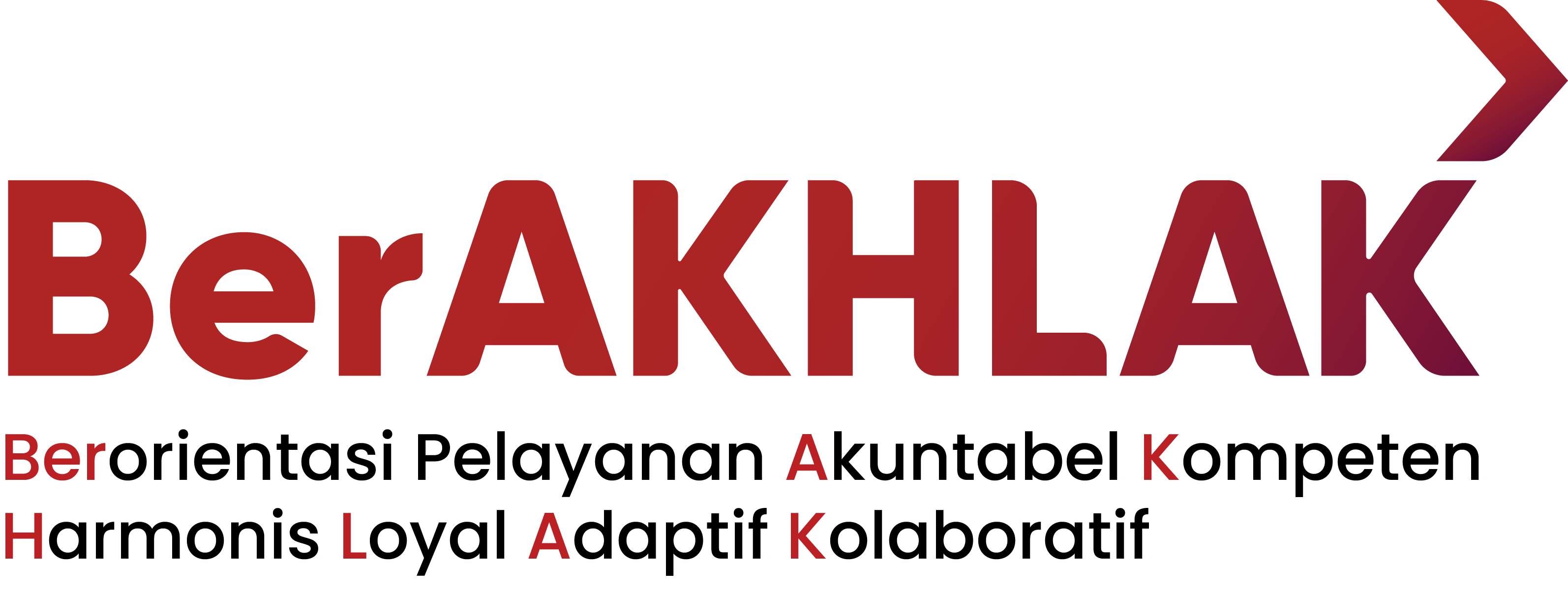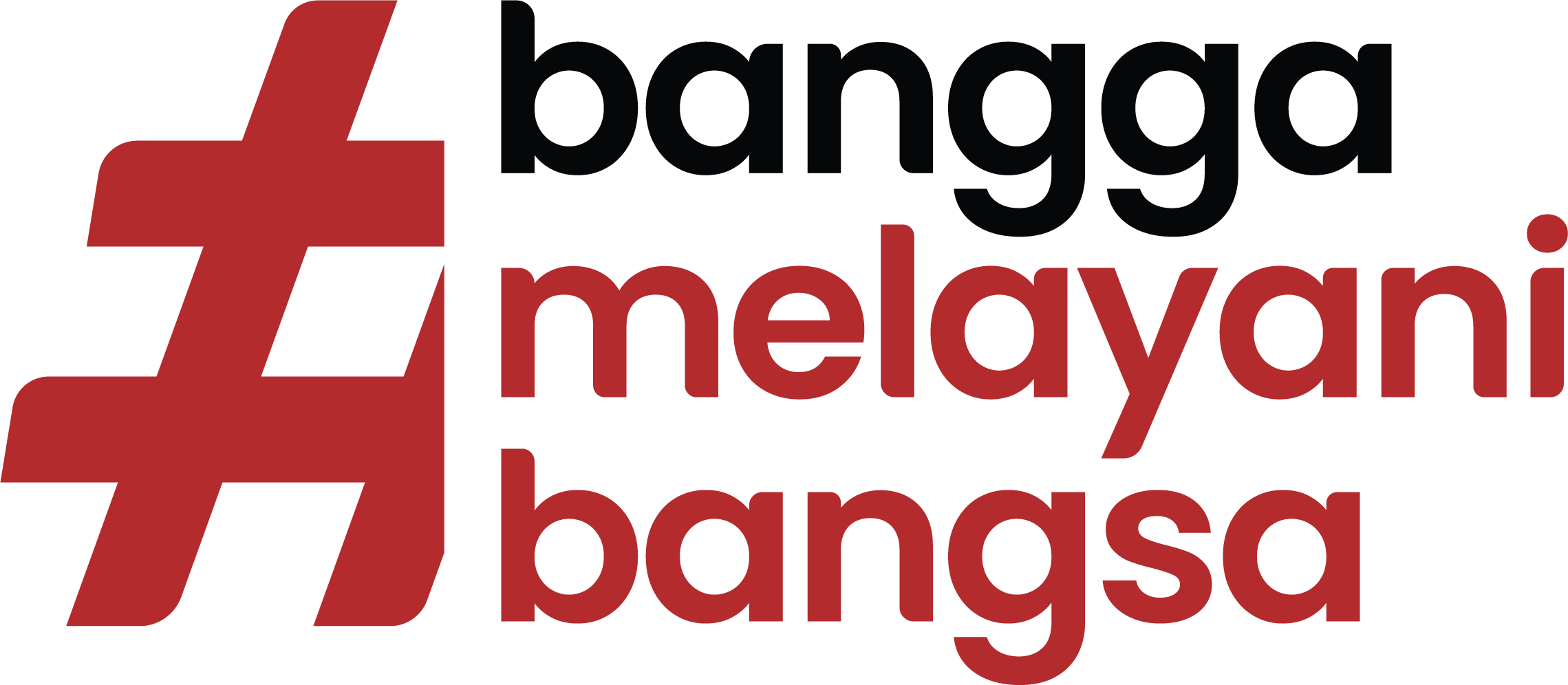Bappenas Hosts International Meeting to Discuss Food Fortification and Nutrition Deficiency
Development News - Mon, 14 October 2024

JAKARTA – The Ministry of National Development Planning/Bappenas, in collaboration with Global Health Strategies, recently hosted an international meeting on large-scale food fortification (LSFF).
The event brought together over 80 participants, including government officials, experts, and academics from Asia and Africa, LSFF expert teams, health professionals, private sector representatives, and development partners like UNICEF, WHO, and OECD. LSFF serves as a platform for exchanging experiences, lessons, and collaboration within the Global South on large-scale food fortification efforts. The primary goal is to combat micronutrient deficiencies, such as iron, calcium, zinc, iodine, folate, and vitamins, which can lead to various diseases, including stunting, affecting physical and cognitive development.
"Indonesia is committed to strengthening health and nutrition programs as part of its long-term and medium-term development plans, incorporating them into the government's annual agenda. This commitment is reflected in strong political support, regulatory frameworks, appropriate resource allocation, and cross-sector coordination," stated Amich Alhumami, Deputy for Human Development, Society, and Culture at the Ministry of National Development Planning/Bappenas, on Monday (4/10).
Micronutrient deficiencies primarily affect women and children in low-income areas with less diverse diets. Food fortification is recognized as one of the most effective health interventions for addressing malnutrition, offering a return on investment of USD 1:27. This means that for every USD 1 invested in fortification, there is an economic return of USD 27 in the form of disease prevention, increased income, and improved work productivity. Deputy Amich emphasized the importance of Global South collaboration in ensuring the sustainability of LSFF. "To ensure the long-term success of food fortification programs, it is crucial to integrate these initiatives into national health strategies and strengthen sustainable multisectoral collaboration. This will allow us to improve public health and guarantee the lasting success of these programs," he added.
During the meeting, countries such as Indonesia, Bangladesh, India, Nigeria, and Ethiopia shared their knowledge and experiences in implementing food fortification in their respective nations. Indonesia has already mandated the fortification of salt, cooking oil, and wheat flour and is in the process of expanding fortification to rice, a staple food in the country. The meeting also focused on identifying potential synergies between countries and regions to enhance food fortification efforts. One of the key outcomes was the launch of a knowledge exchange platform for the Global South, designed to facilitate the sharing of experiences and best practices among developing nations in implementing food fortification programs.


